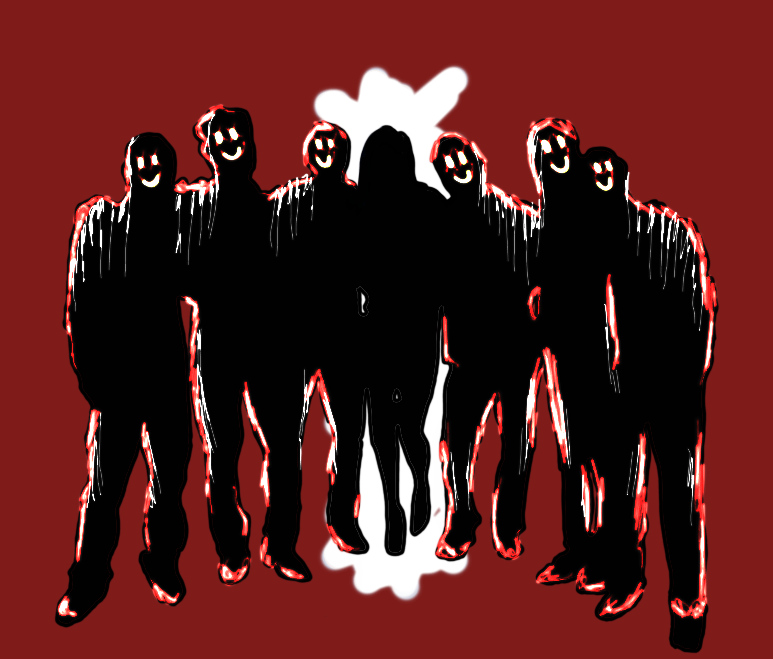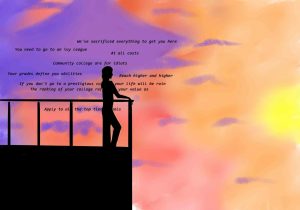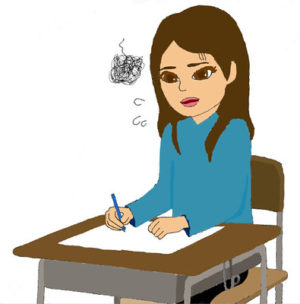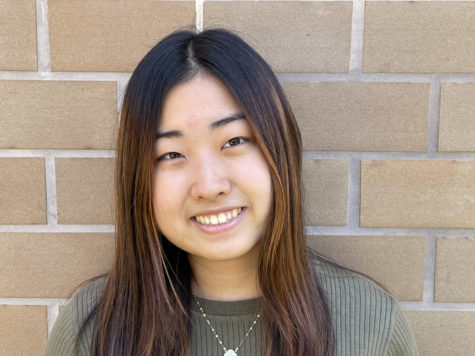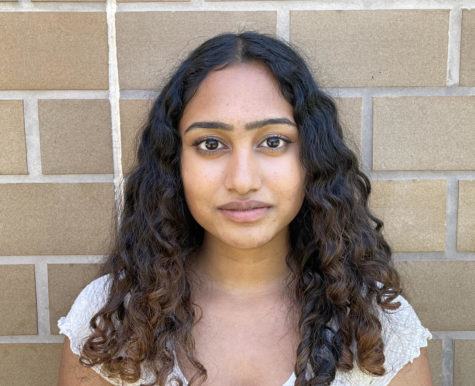Examining the pervasive imposter syndrome hidden within DVHS students
The nature of Dougherty’s imposter syndrome has changed as students switch between virtual and in-person environments.
November 21, 2021
With students returning changed after an unprecedented year-and-a-half in quarantine, Dougherty’s imposter syndrome, which has traditionally been an inherent part of Dougherty culture, has changed too.
Imposter syndrome, as defined by Harvard Business Review, is “self-doubt and a sense of intellectual fraudulence that override any feelings of success.” With approximately 85% of students at Dougherty feeling “extensively stressed by school-related challenges,” a statistic obtained from a Wildcat Tribune survey, many believe that there is a culture that exceeds merely “demanding academics.” The constant rivalry between students at Dougherty fosters feelings of inferiority and inadequacy, which in turn manifest through the widespread nature of Dougherty’s imposter syndrome.
Senior Kaylan So reflects on her own experience with imposter syndrome at Dougherty. “I felt pressured because I felt like the “dumb one” out of the people in my group … [but] people weren’t actively making fun of me, it was just me pressuring myself,” So said. “Being scared that you’re going to be exposed for not being as much as a hard worker, I feel like that specific aspect [of imposter syndrome] … hits.”
Some people attribute this stressful culture to the high Asian population at Dougherty. According to the National Center for Education Statistics, 75.8% of the students at Dougherty are Asian, and many of them feel that their parents pressure them to excel academically.
“A lot of our students are first generation American students. Coming from where their parents came from, the school system is just different [here],” said Meagan Sellers, a school counselor.
But whether or not it is because of the high Asian demographic, the fact remains that Dougherty’s toxic academic environment is one of its trademark aspects. In comparison to other schools, Dougherty’s cutthroat culture perpetuates a more rigorous reality that is perceived as “ordinary.”
“The competitive nature at Dougherty Valley makes it so that you feel like there is always someone better than you. You unconsciously compare yourself to them, and question why you didn’t achieve that same level of achievement,” said junior Emily Han. “You just think [what you’re feeling] is normal, and a lot of people don’t know that something like [imposter syndrome] actually exists.”
However, while COVID has inflicted traumatic experiences on students, many believe that the disconnect from their peers during their time at home also led to an improvement in their mental health. Ever since school closed in March 2020 and quarantine began, students drifted from gripping onto their grades obsessively to learning new hobbies and taking more time for themselves.
“This reflective time was really something I needed to mature and become a better person … those emotions [of imposter syndrome] shed away as I stayed isolated,” So said.
Han reciprocates the sentiment. “[COVID] gave me time to think on my own and focus on myself rather than the people around me,” she said. “People just want to stay connected over quarantine, so there’s not that much comparison going on.”
But despite this momentary peace, the self-doubt mentality has already begun trickling back in, though students have only fully returned to in-person learning this past August.
“I can tell that I’m constantly comparing myself to other people nowadays, and I didn’t feel that during the pandemic,” Han said.
Sellers also mentions how she has noticed a similar trend in the students she has seen so far. “It is fascinating to me how quickly it went back to the Dougherty pressure and how many kids are feeling anxious,” she said.
Students seem to oscillate back and forth between two extremes, yet never settle in a middle area: peace because of isolation, or insecurity because of interaction. While it may not be possible to create this balance within the next couple of years, students can work towards achieving this long-term goal together.
There are several resources that students who are suffering from imposter syndrome can rely on. The Wellness Center, which began last year during virtual learning, is a space intended to mentally and emotionally support students. All students are welcome to visit the center in room A114 whenever they feel distressed or in need of a mental break.
“Talking about [my problems] with someone other than my parents or my teachers really helps … I really recommend people to visit the Wellness Center,” So said.
Additionally, Sellers urges students who are suffering from imposter syndrome or feelings of inferiority to reach out to any of the school counselors.
“I love talking to kids who feel like they’re not enough because everybody is so different,” she said. “Everyone kind of evens out and finds their niche, but right now it’s really hard for kids to see that.”
As someone who has experienced and overcome their imposter syndrome at Dougherty, So gave a final word of advice to the next generation of students.
“Sometimes you just have to let things go and not have these negative emotions overwhelm you. It might seem like a big thing, but really, it’s not worth your time and energy.”

